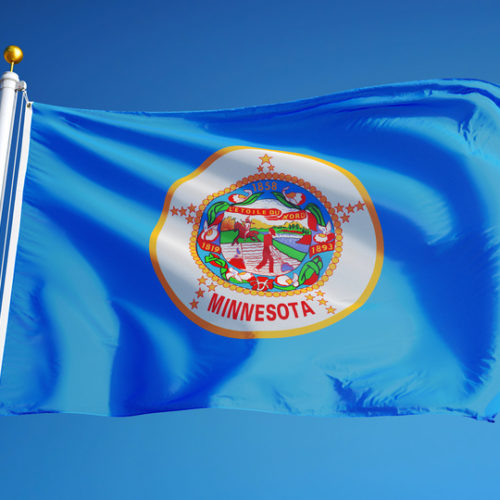Justice Reinvestment in Minnesota
The Problem
In 2021, Minnesota had the 6th-highest rate of people on probation in the nation, with 21 adults on probation per 1,000 adult residents. In that same year, recidivism cost the state of Minnesota over $91 million. The state has also continually faced racial inequities in community supervision. In 2019, the rate of Black adults on felony probation was nearly 5 times higher than that of White adults, and for Native Americans, the rate was more than 9 times higher than for White adults.
How JRI Helped
In the spring of 2021, state leaders requested support from the U.S. Department of Justice’s Office of Justice Programs, Bureau of Justice Assistance (BJA) and The Pew Charitable Trusts (Pew) to use the Justice Reinvestment Initiative to address Minnesota’s criminal justice challenges. As public-private partners in the federal JRI program, BJA and Pew approved Minnesota state leaders’ request and asked the CSG Justice Center to provide intensive technical assistance. CSG Justice Center staff worked with community supervision leaders across the three delivery systems to identify and implement evidence-based practices. This included creating a work group to make statewide recommendations for implementing a common incentives and sanctions grid, establishing supervision service standards and definitions, and developing next steps for adopting universal risk and needs assessment tools.
While JRI policy provisions failed to pass as part of a larger public safety omnibus bill during the 2022 session, state and local stakeholders partnered with the CSG Justice Center to begin implementing administrative changes to supervision practices. And during the 2023 legislative session, JRI champions worked with legislators to reintroduce JRI policy recommendations as part of a larger criminal justice omnibus bill with great success. In May 2023, Governor Tim Walz signed Senate File (SF) 2909, which included policy changes informed by Minnesota’s 2021 JRI effort.
Next Steps
The CSG Justice Center will provide technical assistance to state agencies for a period of up to 18 months to implement the following reforms to community supervision that were part of the legislation:
- Establishing a Community Supervision Advisory Committee
- Implementing a new funding formula for community supervision that increases the state’s annual investment in community supervision by $43.6 million
- Incorporating consistency regarding the use of risk and needs assessments
- Creating a specialized caseload for an alternative to revocation
- Expanding delivery system jurisdictions to include Tribal Nations


















